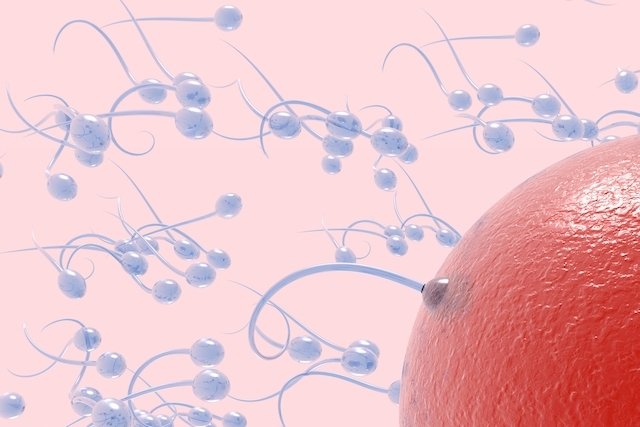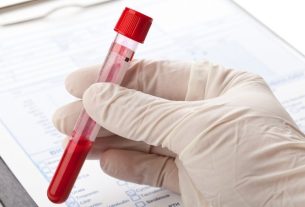The fertile period is the set of days during which it is easier to get pregnant. Thus, these days can either be used by women who want to get pregnant, to increase their chances, or avoided, by those who do not want to get pregnant.
Although it is almost impossible to get pregnant outside of your fertile period, there is a minimal chance of this happening, especially if sexual intercourse occurs before ovulation. After ovulation, pregnancy is much more difficult, as the egg has already been released and has passed through the fallopian tubes and cannot be fertilized.
The days with the highest risk for getting pregnant in the entire cycle are the 3 days before ovulation, including the day of ovulation, as it is during this period that the mature egg is released from the ovaries and can be fertilized.

When is it possible to get pregnant outside the fertile period
In many cases, the fertile period is considered to be between 3 days before and 3 days after ovulation and, therefore, if a woman has intercourse during these days she has a greater chance of getting pregnant.
However, if there is intercourse within 5 days before ovulation, fertilization may also occur, as sperm, under ideal conditions, may be able to survive for up to 5 days. However, there are several factors that need to happen for pregnancy to begin and therefore it is considered that there is a low risk of becoming pregnant.
Furthermore, many women do not always ovulate on the same day and, therefore, fertile days can vary between cycles. Therefore, the best tip for those who do not want to get pregnant is to use other forms of prevention in the 5 days before ovulation and in the 3 days following.
For those who want to get pregnant, this is the best period to try to start pregnancy, having more frequent sexual intercourse. Check out other tips to increase your chances of getting pregnant.
How to know when ovulation happens
Normally ovulation occurs 14 days before menstruation, which, in a woman with a regular 28-day cycle, also corresponds to the 14th day of the cycle after menstruation. However, in women with a more or less regular cycle, the ideal is to calculate the day of ovulation 14 days before the expected date of menstruation.
In addition, there are also some symptoms that may appear with ovulation, but which may be difficult to identify, such as:
- Slight increase in body temperature;
- Presence of a small transparent and viscous discharge;
- Increased libido.
Women who have an irregular cycle have greater difficulty knowing their fertile period in advance and, therefore, if they are not trying to get pregnant, they must use other ways to prevent pregnancy, such as the contraceptive pill or condoms. Women who take the pill do not ovulate and therefore have no risk of becoming pregnant. Check out other methods that help prevent unwanted pregnancy.
If you have a regular cycle, use our online calculator to find out when your fertile period should be:
If you don’t have a regular cycle, see how to calculate your fertile period in case of an irregular cycle.

Sign up for our newsletter and stay up to date with exclusive news
that can transform your routine!
Warning: Undefined array key "title" in /home/storelat/public_html/wp-content/plugins/link-whisper-premium/templates/frontend/related-posts.php on line 12
Warning: Undefined array key "title_tag" in /home/storelat/public_html/wp-content/plugins/link-whisper-premium/templates/frontend/related-posts.php on line 13



